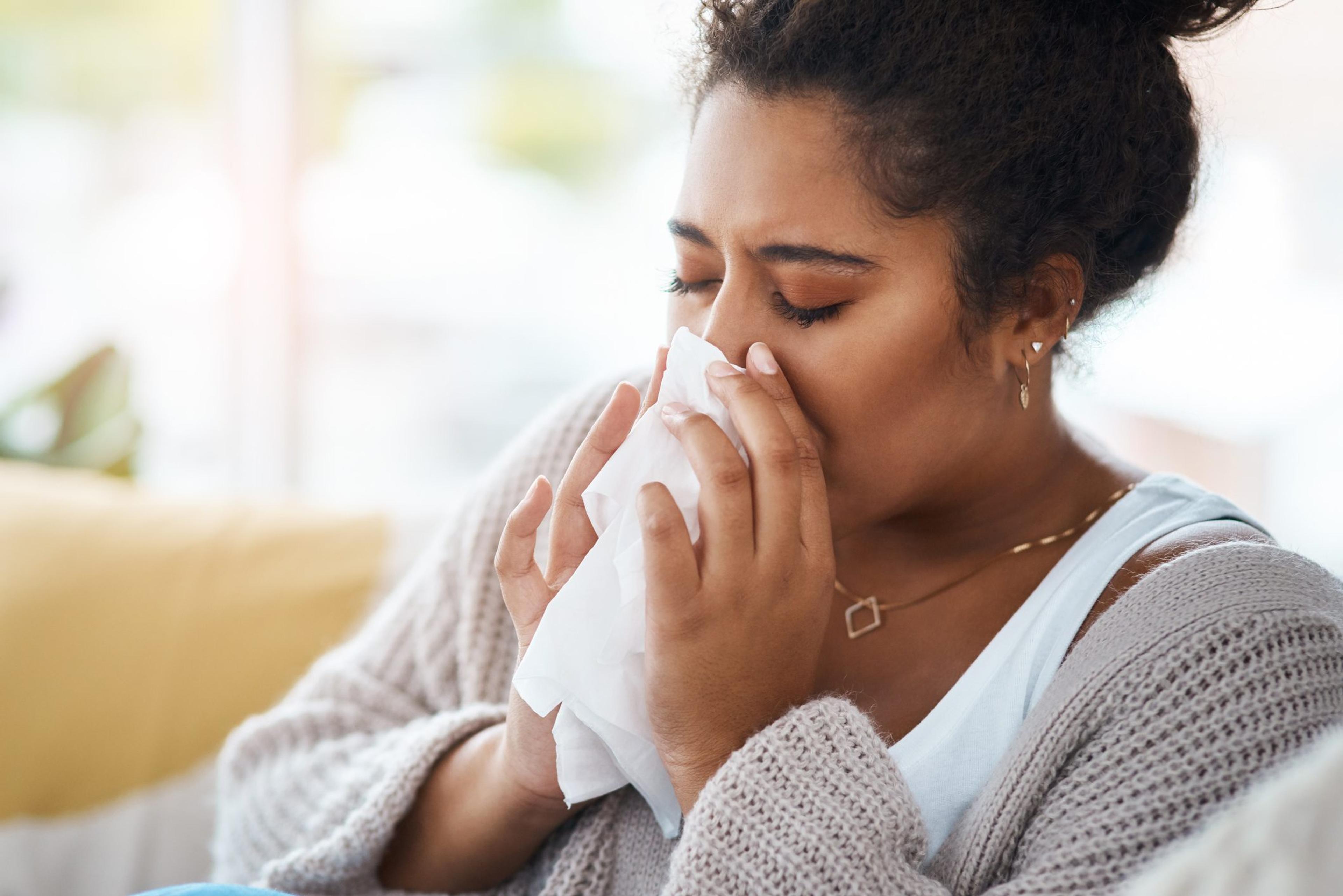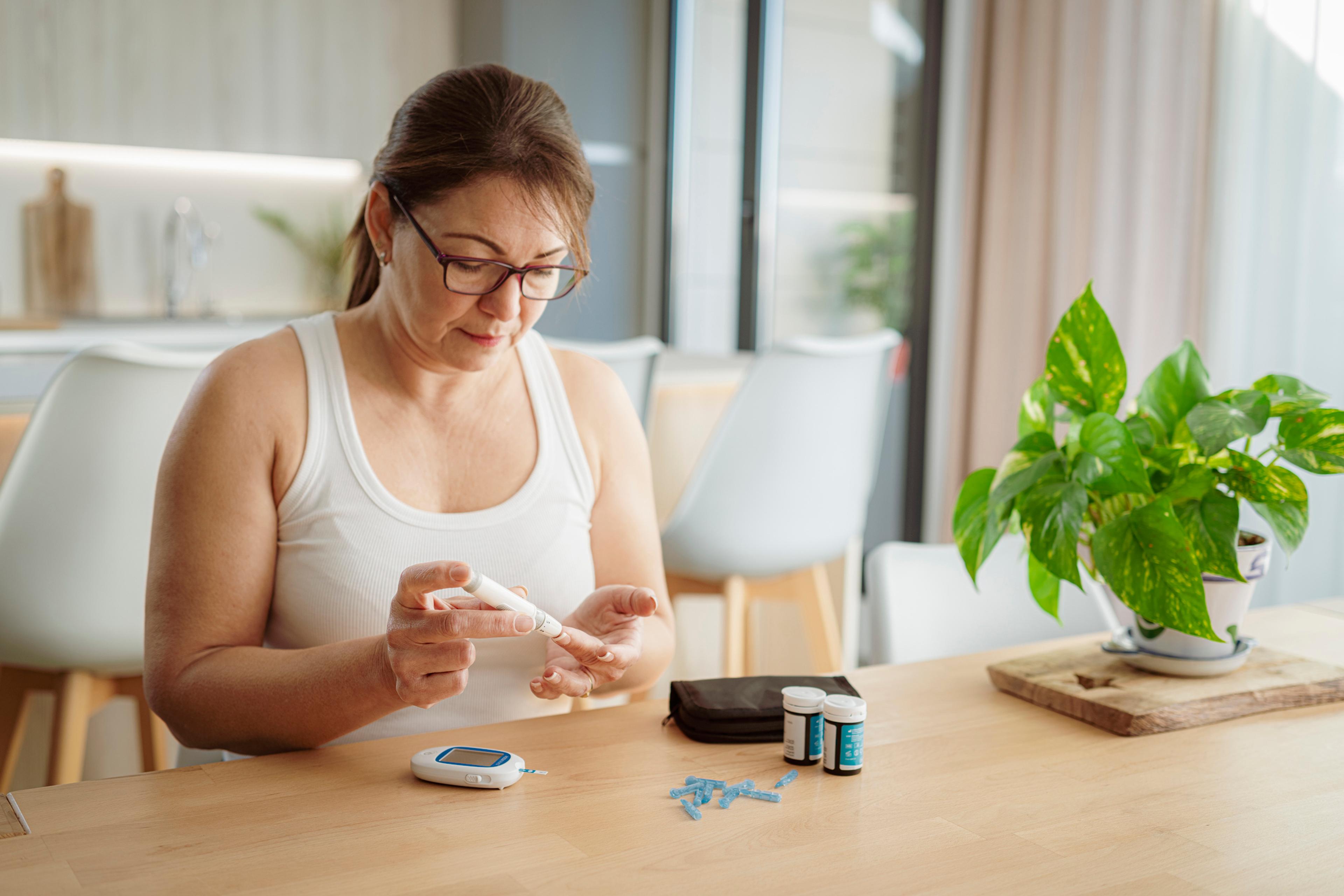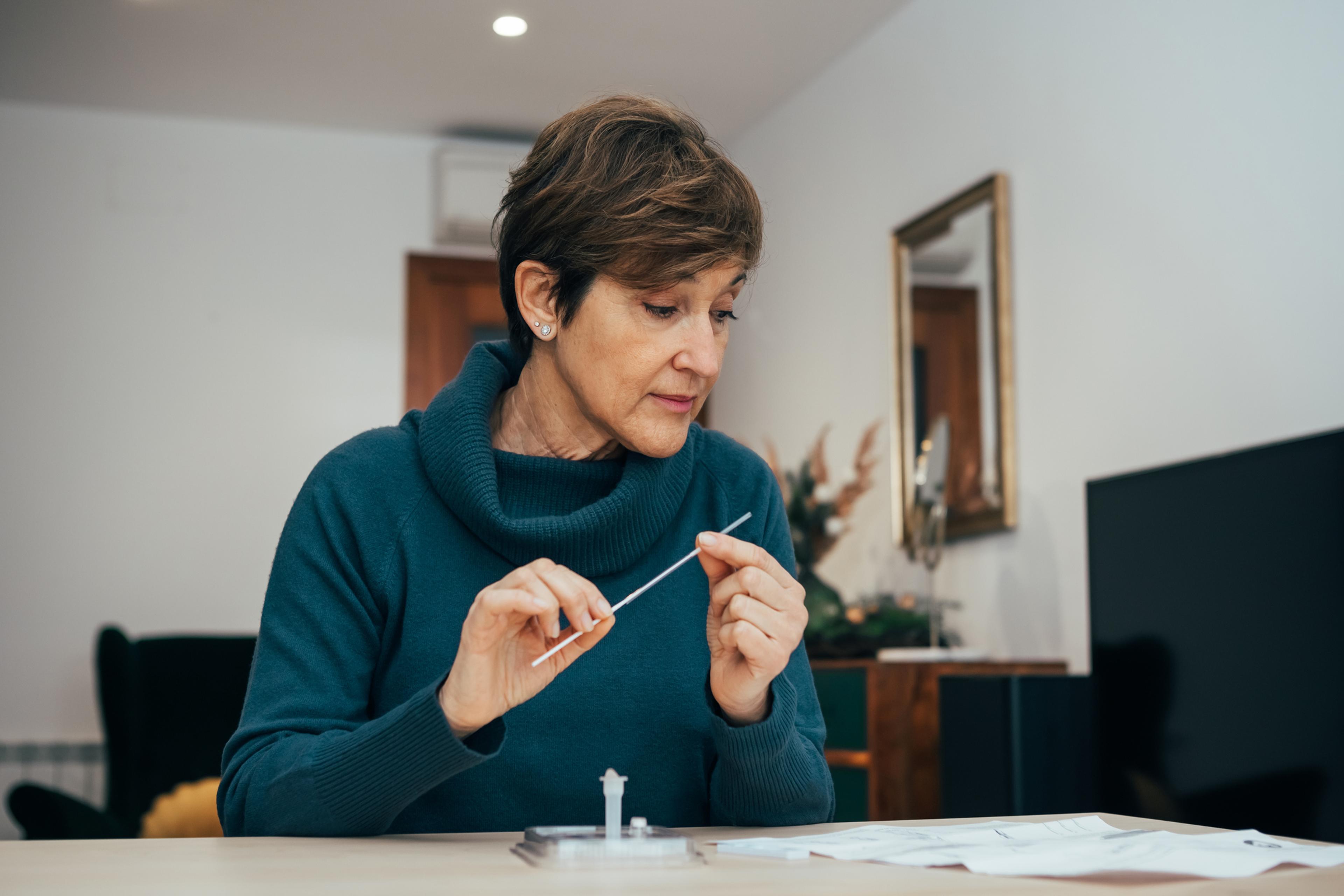Home Health Workers Delivered Care to Most Vulnerable During Pandemic
Julie Bitely
| 3 min read
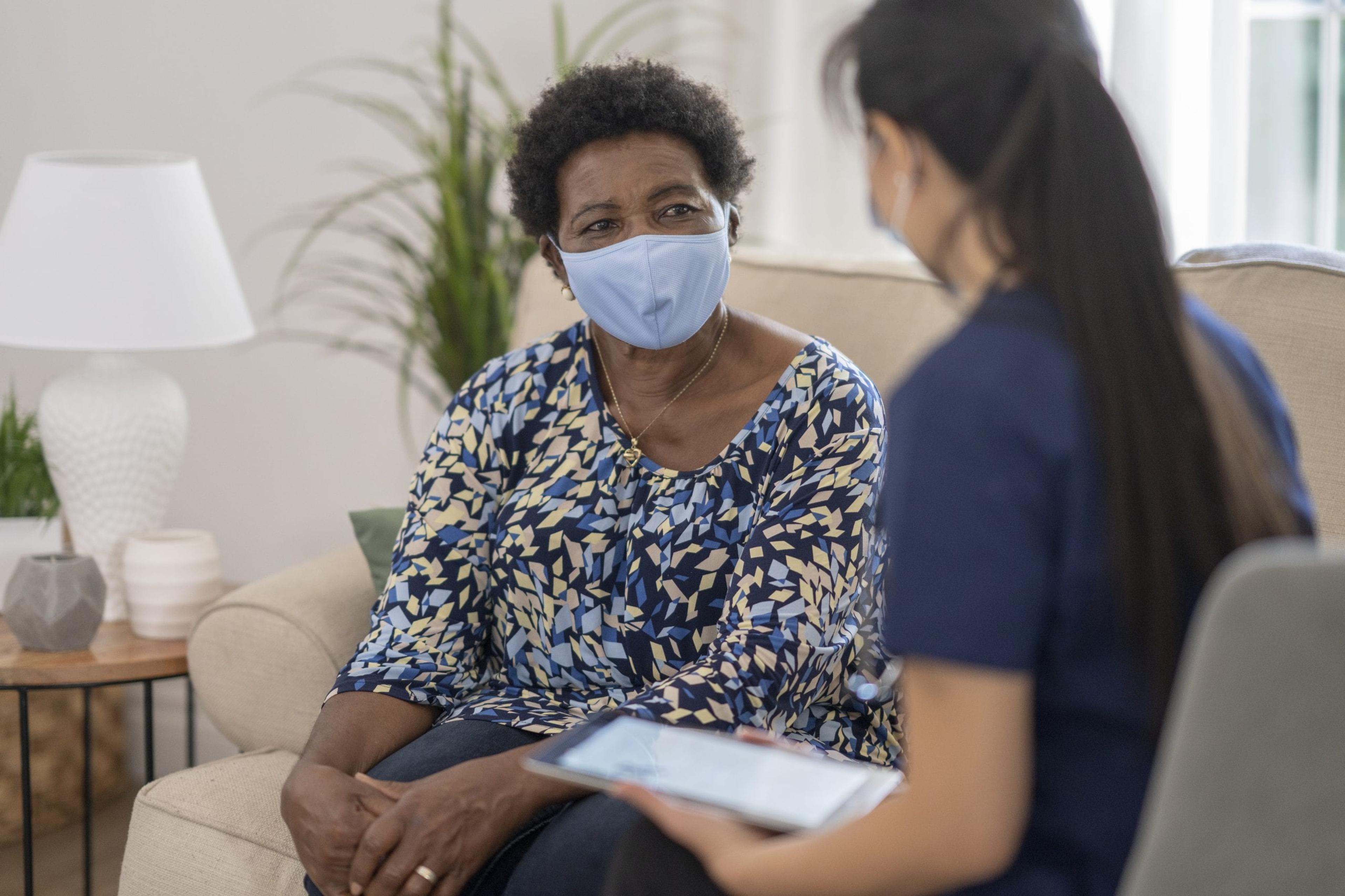
Even before the COVID-19 pandemic, home health workers provided needed support for seniors and vulnerable people living, and sometimes recuperating, at home. When the virus first started appearing in Michigan last year, jobs that were already mentally and physically challenging took on an added layer of uncertainty.
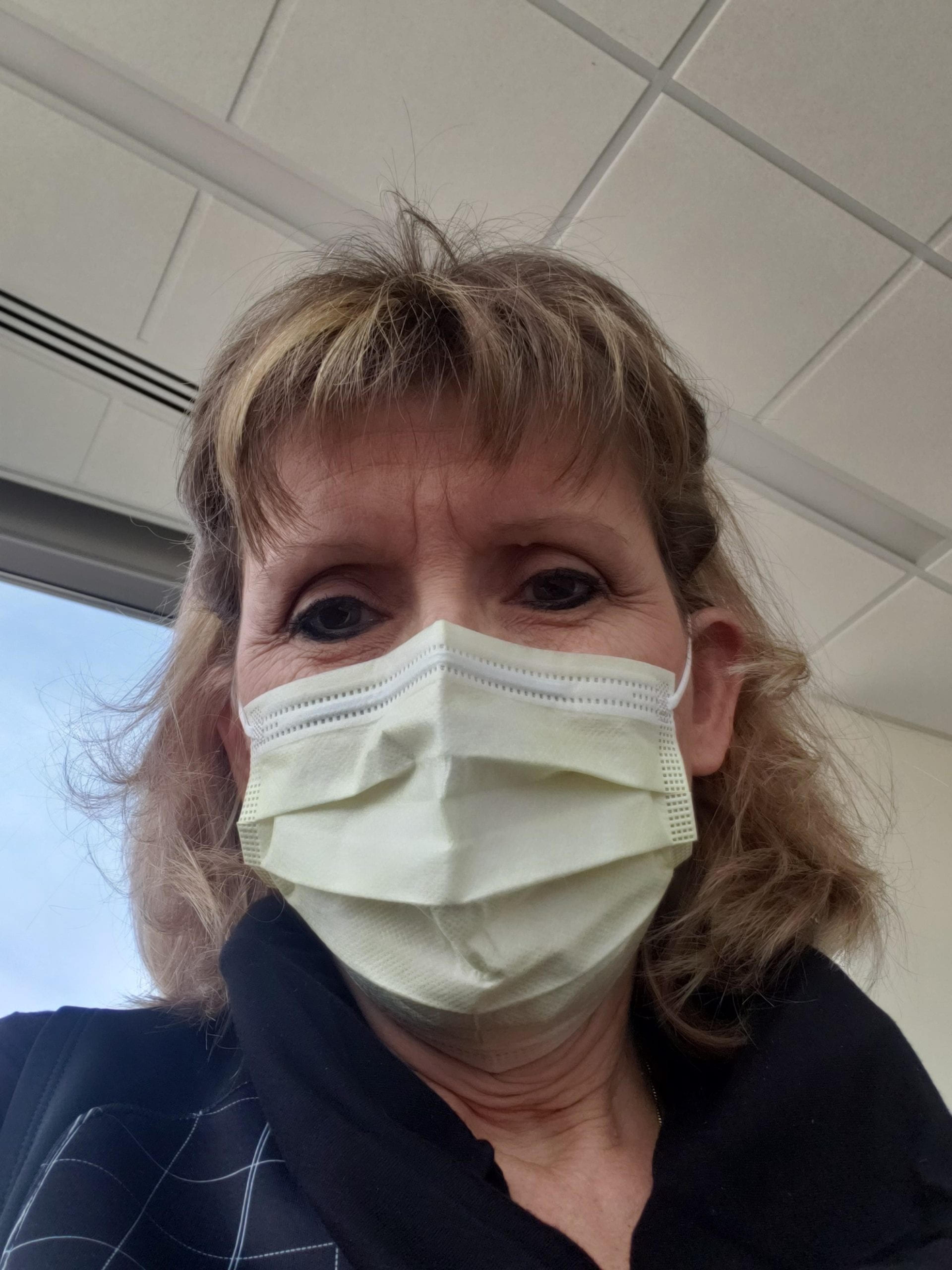
Dawn Stone wearing her mask. “That was a scary time because we really didn’t know how it was going to transmit,” explained Dawn Stone, a nurse with Henry Ford at Home. Stone sees between five to eight patients per day, visiting them at home to help with recuperation after surgery, chronic disease management needs or other health conditions. With a husband and kids at home, Stone didn’t want to unknowingly put her family at risk. She also didn’t want to unintentionally expose her patients knowing that their fragile health status could put them at a higher risk for developing a severe case of COVID-19. “You develop real relationships with these people,” Stone explained. “It was a terrible time for everybody, but you had to do it.”
‘You can’t pause health’
Throughout the pandemic, in-home nursing staff, home health aides, personal care aides and hospice workers put their personal health concerns aside to continue to deliver care in people’s homes. “You can’t pause health,” said Kori Tossava, director, Community Services at U.P. Home Health & Hospice. “People need us to be there.” Both Stone and Tossava say the personal nature of the work is a calling for the people who provide in-home care. And during the pandemic, it took on heightened importance. By keeping medically vulnerable people stable at their residence, home health workers effectively helped people stay out of the hospital. They also provided emotional support for people living alone and unable to see loved ones in person. “A lot of the caregivers were afraid to see their family members so we might have been the only person they saw,” Stone said.
Extra effort, renewed appreciation
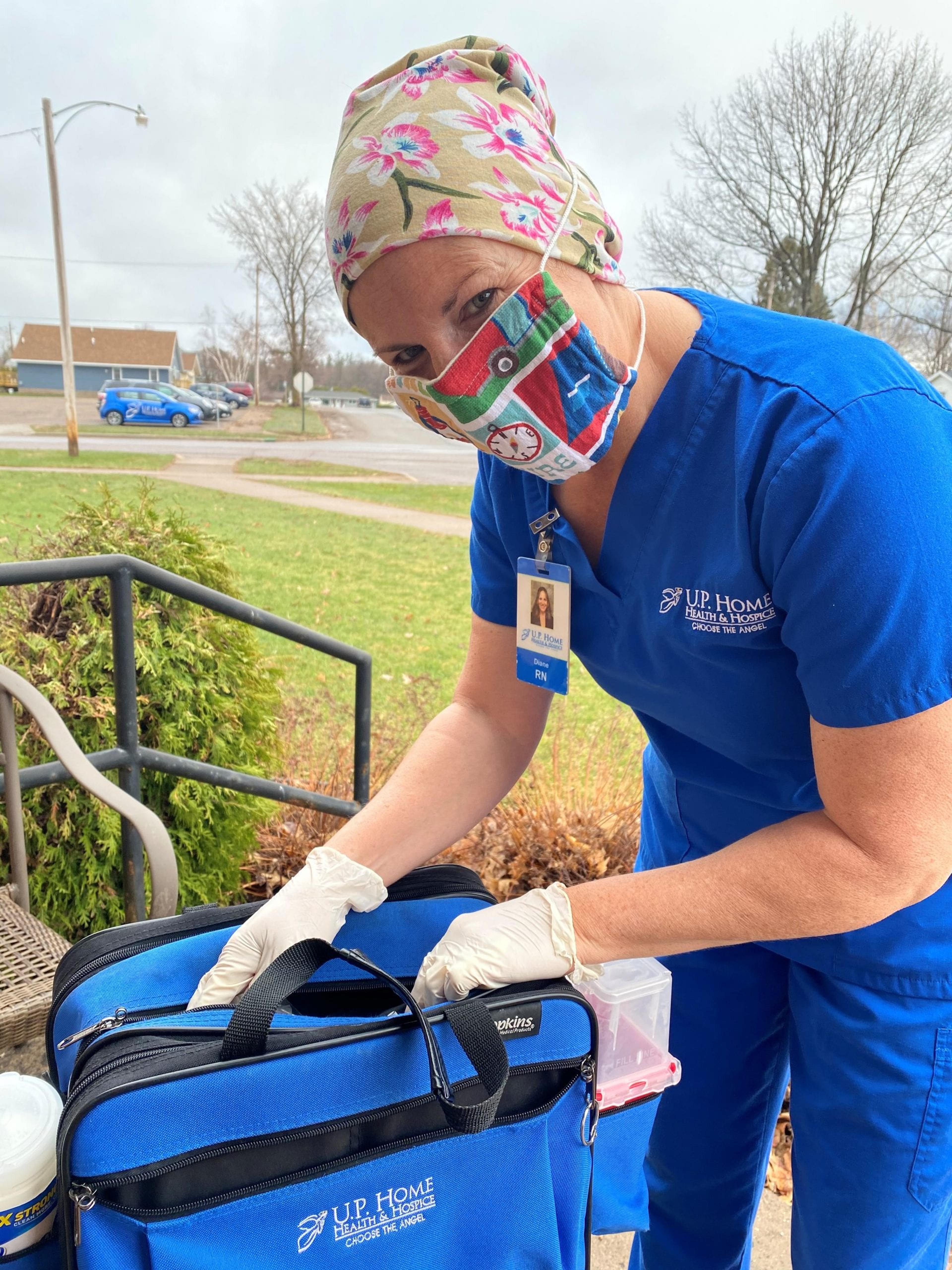
Registered nurse Diane Champion works for U.P. Home Health & Hospice. During the pandemic, home health care team members found themselves not only doing their jobs but helping clients with essential needs, Stone said. Going to the grocery store for people because they were afraid to go out, changing smoke alarm batteries or setting up email for patients so they could try to get pictures of their grandkids are just a few examples of the ways home health workers went beyond their job duties. Tossava said the hospice workers on her team continued to support families facing the end of a loved one’s life and additionally made sure they were emotionally supported during the grieving process when funerals and visitations were extremely limited or non-existent. Throughout it all, many people found a renewed respect for essential workers, from grocery store cashiers to hospital environmental services staff and many more. “You’ve seen these people really rise to the challenge,” Tossava said. “You can no longer take for granted the people who come up to help you.” This blog is part of a regular series highlighting essential workers who stepped up during the COVID-19 pandemic. Read other stories in the series:
- ‘True Heroes’: School Food Service Workers Lauded for Efforts During Pandemic
- COVID Heroes: Environmental Service Workers Faced Fear but Kept Patient Rooms Safe
Main image photo credit: Getty Images

